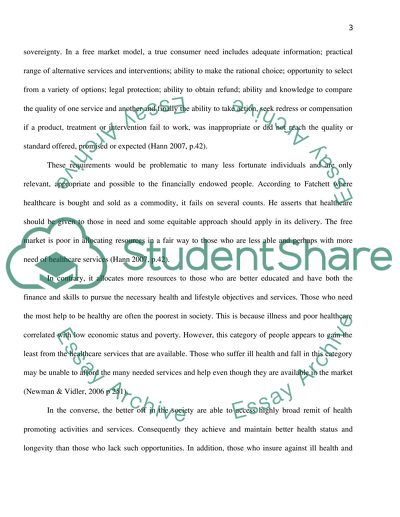Explore consumerism in social policy with reference to healthcare Essay. Retrieved from https://studentshare.org/sociology/1477186-explore-consumerism-in-social-policy-with
Explore Consumerism in Social Policy With Reference to Healthcare Essay. https://studentshare.org/sociology/1477186-explore-consumerism-in-social-policy-with.


